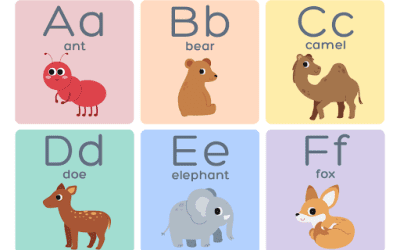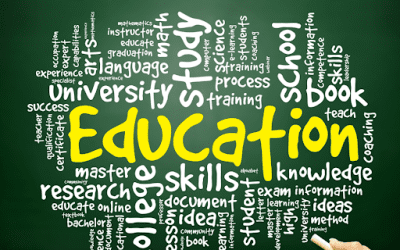
Curriculum writers have multiple audiences to consider when preparing content. Perhaps the least considered audience is the student who is supposed to benefit from the material. This isn’t a call for curriculum writers (from any subject) to begin writing curriculum for students’ approbation. However, it is a plea for them to stay focused on the ultimate purpose of the broader profession—educating kids. To that end, there are a few misconceptions students have about Social Studies that curriculum writers need to keep in mind.
1) History is subjective and doesn’t have black and white answers.
Social Studies writers have a higher burden of differentiation between the portions of curriculum that are up for interpretation versus those that are factual. Of course there are appropriate places for interpretation and subjectivity, but history happened in a specific way for specific reasons. The analytical nature of the Social Studies subjects has primed students to think that whereas math and science are objective, Social Studies and the other humanities are subjective. This couldn’t be any further from the truth. Every standardized test students take is evidence of the objectivity of these disciplines. Curriculum needs to be written in such a way that students see, as clear as possible, what happened in history. There is no perspective or bias involved in identifying who wrote the Declaration of Independence and why.
2) What really matters for the test is Who, What, When, Where, and Why.
No respectable assessment of Social Studies content knowledge is strictly composed of recall-level factoids. Students need to see their textbooks and their curriculum focusing on the complex application of skills. If accountability ends at memorizing the recall-level knowledge, students aren’t going to be set up for success on modernized AP exams, IB exams, and other aptitude tests. It isn’t enough to that the Northern and Southern states fought a war about slavery and states’ rights. How did sectionalism contribute to the war? What were the fundamental differences between the regions? These are the questions that students have to be able to answer.

3) Focusing on the vocabulary list at the end of the lesson is enough to pass the test.
Much like the previous point, students have been slowly acculturated into asking “What is the bare minimum I need to know?” If all the information in the learning objectives is contained in vocabulary lists and summaries, then students won’t seek further understanding and context. To combat the “bare minimum” syndrome, curriculum writers must take proactive steps to enhance their content with higher levels of cognitive participation. One of the best ways to raise the bar is to use the unit components to drive mastery. Essential questions have to be separate from learning objectives insofar as EQs are basic questions demonstrating proficiency and learning objectives are broader lists of content mandated in the curriculum. Although curriculum writing is only one step in the learning process, it is imperative that the rigor of the writing be commensurate with the needs of the end users.

4) I’ve already taken U.S./World/State history two or three times, and it’s just a repeat class.
In many cases, students take multiple courses on the same Social Studies subject. Texas and Virginia students have more than one year of their state history, and most students around the country take U.S. and World history in multiple grades. The role curriculum writers can play in differentiating these multi-level explorations of history is to actively consult existing curriculum to ensure that there is a progression of rigor, depth, and synthesis as students progress through multiple years of the same broad subject. Teachers need the support of curriculum writers to differentiate a middle-school civics course from a high-school government course.
More Blog Posts
- 3 Strategies for Developing Performance Tasks in Social Studies
- 5 Misconceptions Every Social Studies Course Writer Must Remember
- 6 Things Every Social Studies Course Writer Must Know
- 10 Great Resources Every Social Studies Course Writer Can Use
- 4 Activities Every Social Studies Course Writer Can Use






